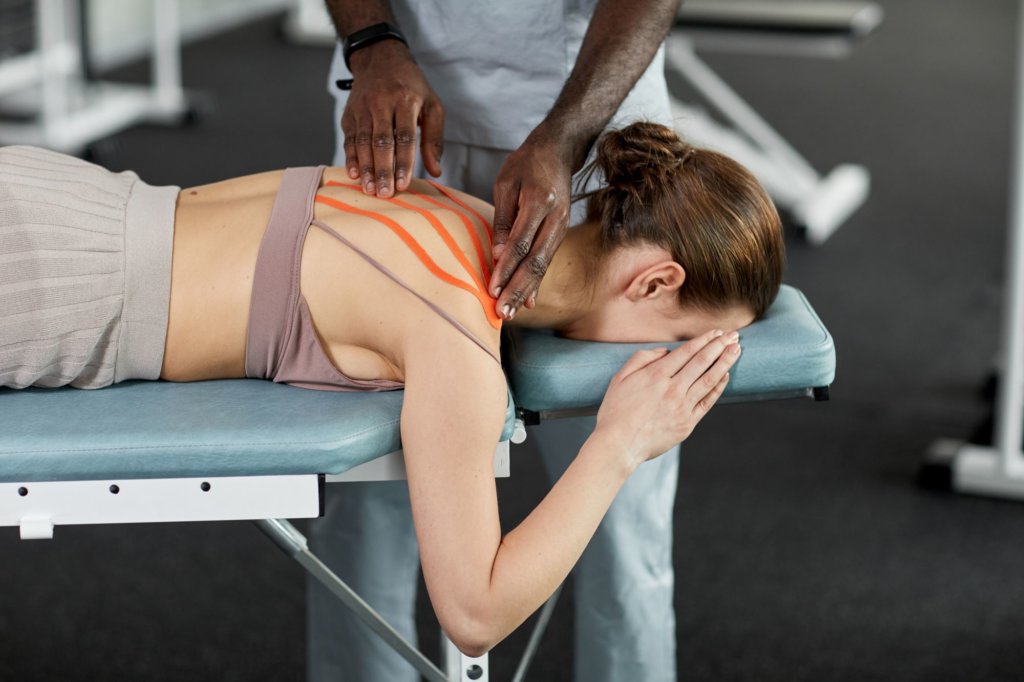Pushing your body to its limits can often lead to muscle soreness, fatigue, and even injury. While rest and proper nutrition are critical for recovery, massage therapy can also play a significant role in improving performance and speeding up recovery time. Though the practice can be beneficial for every person who exercises regularly, let’s explore a few ways that massage therapy helps athletes in particular.
1. Reducing Muscle Soreness and Tension
One of the most common reasons athletes turn to massage therapy is to reduce muscle soreness. After intense training or competition, targeted muscles can feel tight and uncomfortable.
Massage therapy helps break up these tension points and increase blood circulation. Sports massages or deep tissue massages are particularly effective in targeting deeper muscle layers, which can release chronic tension and reduce stiffness during recovery.
2. Enhancing Flexibility and Range of Motion
Flexibility is important for many types of athletes, as tight muscles can restrict movement and lead to poor performance or injury. Massage therapy—paired with regular stretching and mobility exercises—can work to improve your muscles’ range of motion. Better flexibility and range of motion can be beneficial for activities that require agility, balance, and strength.
For athletes in sports that require a wide range of motion, like gymnastics or swimming, incorporating massage therapy into a weekly routine can help maintain flexibility and prevent muscle tightness.

3. Accelerating Recovery After Intense Exercise
Intense training can leave your muscles fatigued and inflamed. Massage therapy stimulates blood flow to these hard-worked areas, bringing oxygen and nutrients that aid in the healing process. This increased circulation can reduce swelling, promote tissue repair, and minimize downtime between workouts. The quicker your muscles recover, the sooner you can get back to training at full capacity.
4. Preventing Injuries
For athletes, injury prevention is a top priority. Tight or overworked muscles are more susceptible to strains, sprains, and tears. Massage therapy can help prevent injuries by identifying and addressing potential problem areas before they become serious. Massage therapists can find tightness, imbalances, or knots that could lead to injury if left unaddressed, and work to correct them.
5. Boosting Mental Focus and Reducing Stress
Athletic performance isn’t all about physical ability—mental focus also plays a significant role in how well you perform. Massage therapy can provide a calming and relaxing experience, which reduces stress and mental fatigue. This can be especially beneficial before a big competition, as it encourages athletes to enter their events with a clear and focused mind.
6. Improving Sleep Quality
Fitness and recovery doesn’t just happen in the gym—it also happens during sleep. By reducing muscle tension and promoting relaxation, massage therapy can consequently improve sleep quality.
For athletes, better sleep means more efficient muscle recovery, improved athletic performance, and better mental focus. By helping the body relax, massage therapy encourages deeper, more restorative sleep, allowing you to wake up refreshed and ready to put your best foot forward.
7. Customized Treatment for Specific Needs
The beauty of massage therapy for athletes is that it can be tailored to your specific needs. Whether you’re recovering from a race, preparing for a big game, or simply looking to improve your overall performance, a professional massage therapist can adjust their techniques and pressure to target problem areas and help you meet your fitness goals.
Discuss your training schedule, injury history, areas of tension, and future goals with your massage therapist so they can provide the best possible care.
Massage therapy offers a range of benefits for athletes looking to boost performance, aid recovery, and prevent injuries. Incorporating regular massages into your training routine can make a noticeable difference, from dealing with muscle soreness to finding a way to unwind and focus. By taking care of your body both on and off the field, you can stay at the top of your game and achieve your athletic goals.
This article is meant for informational purposes only. It does not constitute professional health or fitness advice.